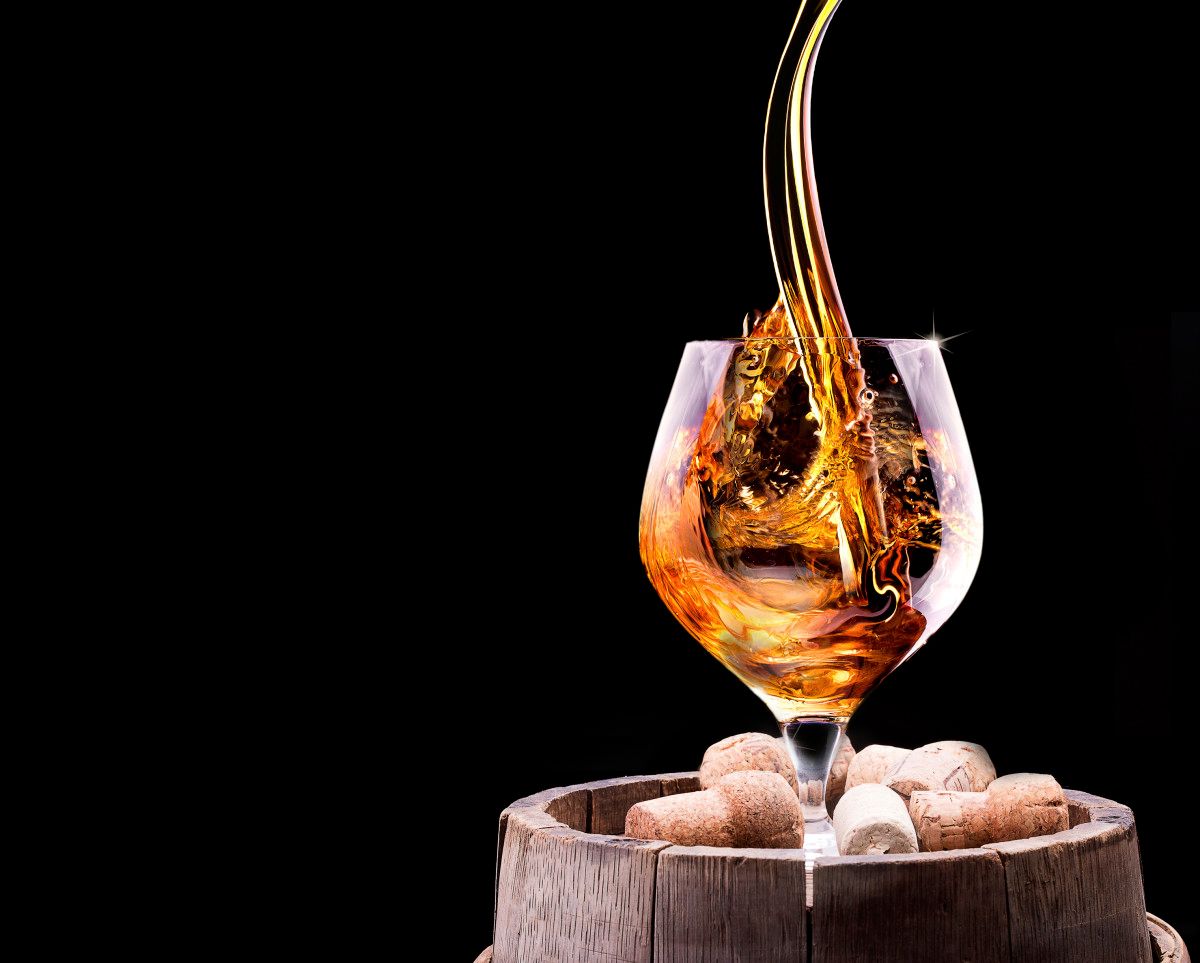Did you know that brandy was the unintended consequence of a medieval tax dodge?
Brandy is a distilled drink made from wine, though some forms are created from mash made from fruits other than grapes. Some brandies are aged in wooden casks. It is generally served as an after dinner drink, though it is also used as the basis of mixed drinks such as brandy alexander. The name come

Brandy is a distilled drink made from wine, though some forms are created from mash made from fruits other than grapes. Some brandies are aged in wooden casks. It is generally served as an after dinner drink, though it is also used as the basis of mixed drinks such as brandy alexander. The name comes from the word “brandwine” which is further derived from the Dutch word “brandewijn” or “burnt wine.”
It turns out that brandy was created some time in the Middle Ages, likely as a tax dodge. Wine transported by ship or by cart was assessed by volume. Merchants distilled the wine to lessen its volume and thus the tax with the idea of adding water back later to recreate the wine. This also had the effect of reducing the volume of the product that had to be transported.
The unintended consequence of this occurred when the merchants found that the process of distillation as well as storing the distilled wine in wooden casks changed the taste and composition of the beverage, often improving it. They had stumbled upon, quite by accident, into a new adult beverage that they could charge more for. Brandy became the first distilled beverage in European history.
As a result of this discovery, most wine making regions in the world also make brandy. Cognac and Armagnac come from France. Greek brandies include Metaxa and ouzo. Italy and California produces a form of brandy called grappa.
Among the other fruits that are used to make brandy are apples, raspberries, strawberries, apricots, plums, and cherries.
What I find interesting is that I'm writing about alcohol when I don't drink. To innovate, we all need to get out of our comfort zones.




